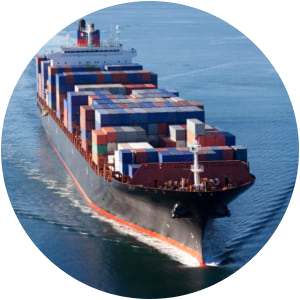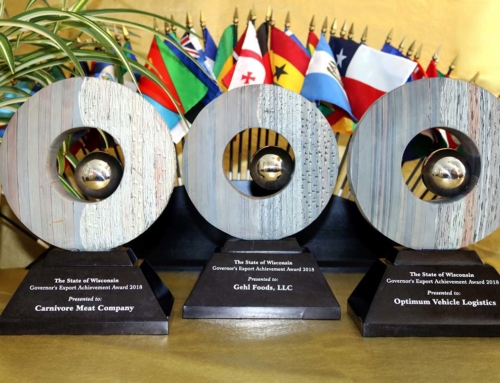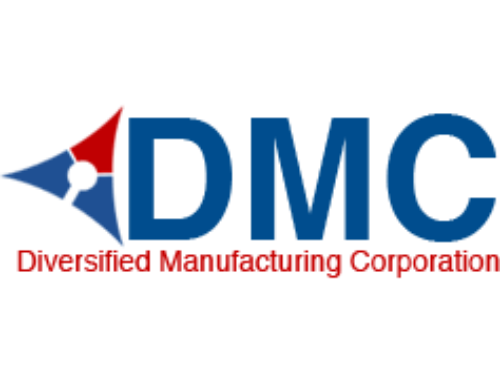
Exports from Wisconsin to China grew from $608 million in 2004 to $1.4 billion in 2014, and exports from Wisconsin are helping to fuel the evolution of China’s economy: the top export categories from Wisconsin to China are industrial machinery (23 percent), medical and scientific instruments (22 percent) and electrical machinery (13 percent).
To help more Wisconsin companies find a market for their products and services in China, the Wisconsin Economic Development Corporation (WEDC) is organizing export readiness programs both in Wisconsin and in China. Any Wisconsin-based exporter or potential exporter of goods and services is eligible to participate.
WEDC is also organizing a global trade venture to China in January 2016. The program includes segments in Tianjin and Nanjing. These cities were chosen because of opportunities they present in Wisconsin’s industry sectors of strength. In each city, participating companies will be scheduled for customized business meetings with potential local partners hand-picked for their companies by Wisconsin’s authorized trade representatives in China. The global trade venture is offered at a special subsidized rate to allow more companies to participate.
Tianjin, China’s fourth-largest city, is half an hour from Beijing by high-speed train. Also a major seaport, its traditional industries of strength include petrochemical processing, machinery, textiles, defense, light industry and banking. More recently, the area’s focus has shifted to include biotechnology and pharmaceuticals, electronics and communication equipment, alternative energy and environmental protection, aerospace and aviation, food and beverage processing, automotive and marine.
Nanjing, eastern China’s second-largest commercial center after Shanghai, is one and a half hours from Shanghai via high-speed train. Historically strong industries include automotive, electronics, petrochemical, and iron and steel. Newly strong industries include biopharmaceuticals, clean energy, new materials, environmental services, electro-optical products, aviation equipment, automation and transportation.
In conjunction with the global trade venture to China, WEDC is cohosting a China-focused offering of the ExporTech™ Program. The program consists of three day-long sessions held in Waukesha in November, December and February. These sessions will help companies become acquainted with China’s geographic and demographic diversity, determine which markets within China are best suited for their products, and develop a strategy for entering those markets. These sessions will also devote attention to cultural, legal/regulatory and intellectual property concerns, so that companies can be prepared for a hassle-free and productive experience in the market.
Companies that participate in the China-focused ExporTech receive a significant reduction in pricing for the global trade venture. Companies are encouraged to participate in both, so that they can fine-tune the export strategies they develop in ExporTech using intelligence gained on the ground during the global trade venture.
“We understand that exporting to China can seem impossible if you don’t speak the language and have no contacts in the market,” says Katy Sinnott, WEDC vice president of international business development. “Because China is a large and complex market, we created this combination of a global trade venture to China and a China-specific ExporTech session offered in partnership with WMEP. Companies can develop a well-reasoned export strategy for China, then visit the market and meet with potential partners they know they can trust. In addition, they will have continued access to WEDC’s and WMEP’s staff expertise, as well as the knowledge of our authorized trade representatives in China.”
Demand for U.S. products is generally strong in China, since Chinese consumers consider these products to be of high quality and good value. In particular, recent safety scandals with domestic food producers have driven up demand for food products from the U.S., which are viewed as more trustworthy.
To meet the needs of an increasingly urbanized population, China is making massive investments in infrastructure including highways, rail networks and airports, presenting an opportunity for Wisconsin companies that produce the equipment and supplies needed for these projects. Housing construction is another highly active sector, with strong demand for U.S.-made goods such as appliances and home fixtures.
China has recently undertaken several environmental protection initiatives—including a pledge to trim greenhouse gas emissions, a new air pollution monitoring framework and a reduction in taxes on cars and ships powered with alternative energy—and there is an appetite for alternative energy and clean technology solutions.
“In general, we recommend that Wisconsin exporters focus on value-added products rather than commodities to avoid competing head-to-head with Chinese companies on their own turf,” Sinnott notes. “We are confident that many Wisconsin companies will find opportunities in Tianjin and Nanjing, and will benefit from traveling there with us in January. But the opportunities in China extend well beyond those two markets, and the China-focused ExporTech session can help companies decide which markets to focus on first.”
(October 2015)












FOLLOW US